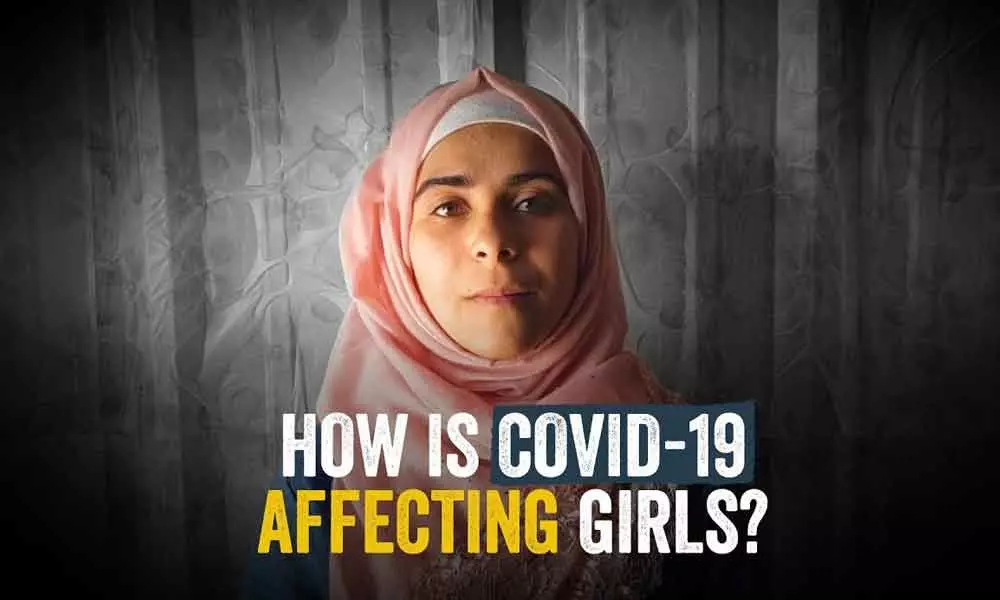The COVID-19 pandemic and subsequent countrywide lockdown measures have affected all aspects of our social and economic lives. Public health responses and policies are yet to adequately address the specific needs of vulnerable populations. The effects of the pandemic threaten to reverse the limited progress made on gender equality and women’s sexual and reproductive health. Evidence from past epidemics as well as the existing body of evidence around the impact of COVID-19 suggests that the disruption of essential health services, including family planning put women and girls at risk of decreased access to services as resources are diverted from routine health services including pre- and post-natal health care, family planning and contraceptive supply, menstrual health and other reproductive health services.
The limited availability of essential health services, including sexual and reproductive health services will be detrimental in the long run. According to estimates by UNICEF, India would have the highest number of forecast births, at 20 million, in the nine months period dating from when COVID-19 was first declared a pandemic. The Guttmacher institute has projected that a 10% decline in use of reversible contraceptive methods in low -and-middle-income countries due to reduced access would result in an additional 49 million women with an unmet need for modern contraceptives and an additional 15 million unintended pregnancies over the course of a year.
On the eve of World Population Day, Population Foundation of India has released an important policy paper —The Impact of COVID 19 on Women, assessing the differential impact of COVID-19 and recommending timely measures to ensure women and girls remain central to COVID-19 response planning and recovery efforts.
This critical document takes an in-depth and comprehensive look at the different impacts of the COVID-19 crisis across the country and specifically on women and girls. The authors relied on global evidence as well as studies by PFI which assessed the impact of COVID-19 on young people, girls and women and their access to health services.
Some key recommendations of the brief include:
- Given the evidence we must apply a gender lens – using gender disaggregated data and evidence to address programmes and policies around COVID19
- Increase investments in family planning as the most cost-effective public health measures.
- Invest in the 3.3 million female frontline health workers who are the face of the Indian public health system and in many parts of the country the only health-care support.
- Use social and behaviour change communication (SBCC) campaigns to spread information and awareness on COVID-19 and address myths and misconceptions.
- Extra efforts are required to strengthen the public health system and increase health budgets to optimize service delivery and health facilities as well as maintain supply chains.
